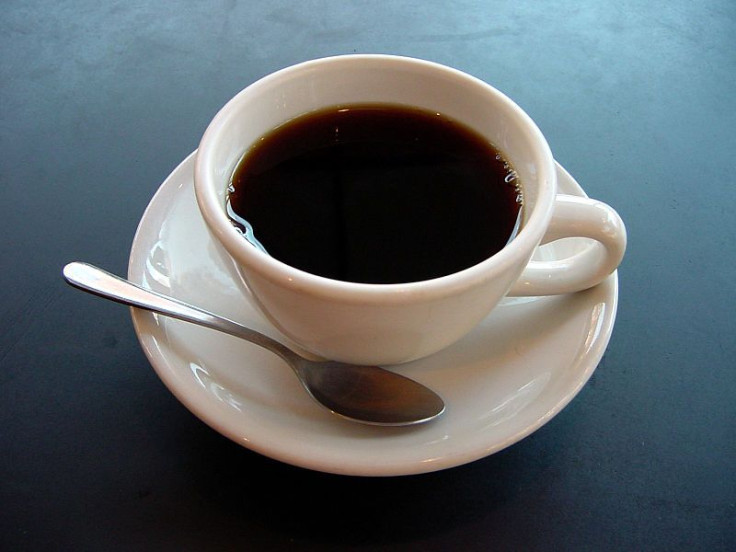Caffeine Could Be Good For Your Liver: Coffee And Tea Study Shows How The Chemical Can Reduce Fatty Liver

The obesity epidemic in the United States can leave more than one-third of the population predisposed to the most common cause of chronic liver disease — non-alcoholic fatty liver disease (NAFLD). According to The Cleveland Clinic Foundation, NAFLD is estimated to occur in one-third of Americans, especially in men between the ages of 40 and 70 with diabetes and abdominal obesity. While sufferers of the liver disease report to be asymptomatic, the presence of metabolic syndrome — a cluster of medical conditions that occur together — is a strong indicator that you may have NAFLD. Treatment for this liver disease is not focused on curing the condition but alleviating the risk factors associated with NAFLD, such as obesity and diabetes. Diet and exercise are the main forms of treatment for NAFLD, though a recent study suggests that increased consumption of coffee and tea can prevent and protect sufferers from NAFLD directly.
Caffeine And NAFLD
Findings that will be published in the journal Hepatology show that a morning cup of coffee or tea could not only give you an energy boost but also protect you from liver failure. An international team of researchers, led by Paul Yen, M.D., and Rohit Sinha, Ph.D., used cell culture and mice to examine the effects of caffeine on non-alcoholic fatty livers. Caffeine intake was found to stimulate the metabolization of lipids that were stored in the liver cells, ultimately decreasing the fatty liver of mice on a high-fat diet. The researchers suggest that these findings can apply to humans if they consume four cups of coffee or tea per day to prevent and protect against the progression of NAFLD.
"Coffee and tea are so commonly consumed and the notion that they may be therapeutic, especially since they have a reputation for being "bad" for health, is especially enlightening,” said Yen. While there is no known cure for NAFLD, this research could prompt the development of caffeine-type drugs without the common side effects of caffeine, such as diarrhea, vomiting, or trouble sleeping, says Drugs.com. However, not all caffeinated beverages can lead to a reduced risk of liver damage, especially in people with an already high risk of liver damage.
Caffeine Treatment In Final Stage Of Liver Disease
Researchers from the University of Milan-Bicocca in Milan, Italy evaluated the effect of consuming caffeine-containing beverages on the risk of symptomatic liver cirrhosis (LC), the scarring of the liver and poor liver function. A total of 274 cases of LC were matched with 458 individuals, who were part of the control group from 1994 to 1998. Factors like years of education, lifetime cigarette use, lifetime alcohol intake, and caffeine-containing beverage consumption were taken into account during the time of the study. The findings of the study show a significant link between lowered LC risk and increased coffee consumption from one to four cups a day. Other caffeinated beverages were not found to prevent the onset of alcoholic and non-alcoholic liver cirrhosis.
The National Institute of Diabetes and Digestive and Kidney Diseases (NIDDK) has also found a positive correlation between caffeinated drinks and protection against liver disease. But according to James E. Everhart, M.D., M.P.H., from the NIDDK, the effects of coffee on the liver have yet to be largely explored. “The mechanisms of action, if any, for coffee and caffeine are completely unknown,” he told Medscape Medical News. Nevertheless, all of these findings provide insight into future treatment for patients suffering from liver disease.
Published by Medicaldaily.com



























